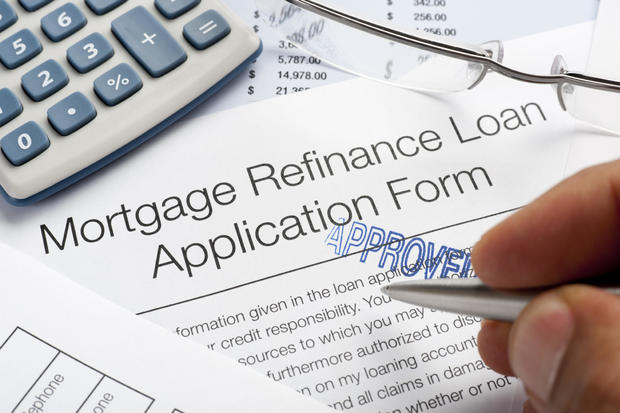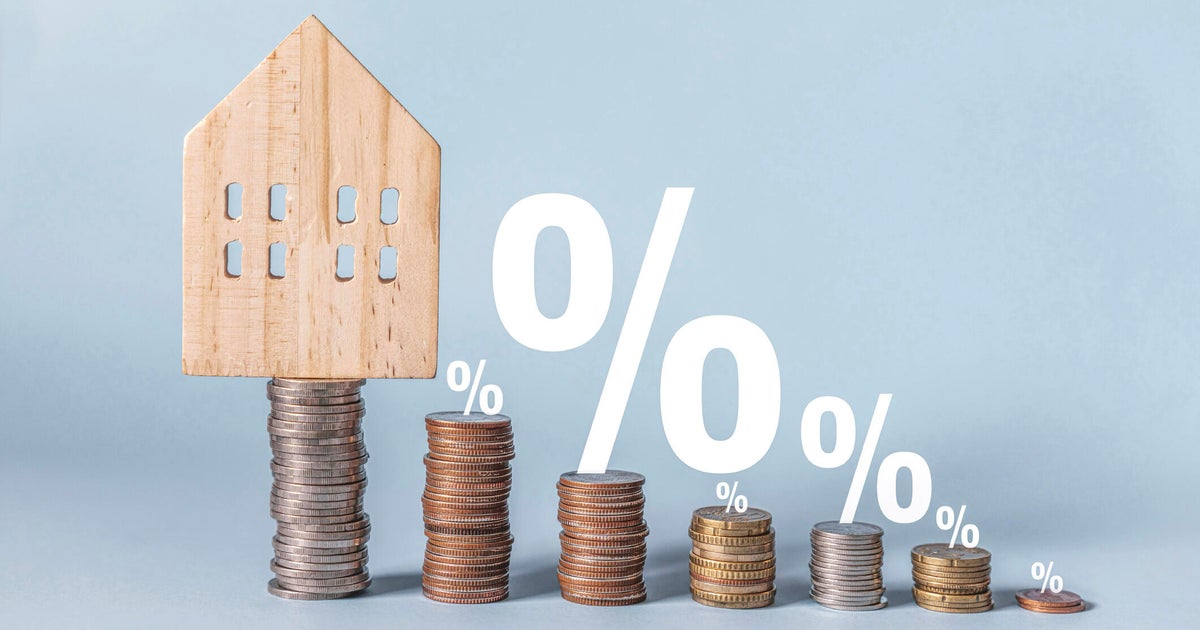Mortgage refinance requirements to know
Mortgage refinancing can be a smart move for homeowners who want to lower their monthly mortgage payments, shorten their mortgage term, change their loan type or remove PMI.
However, before you decide to refinance your mortgage, there are several requirements you should be aware of. If you can't meet these requirements, you may not be approved for a refinance — or, if you are, the rates and terms may not be nearly as good as you're hoping for.
See today's top mortgage refinance rates here.
Mortgage refinance requirements to know
Here's what you'll need to get a mortgage refinance at the best rate and terms possible.
Credit score
Your credit score indicates how reliable you are when it comes to making payments on time. Typically, you'll need a credit score of 620 or higher to qualify for a mortgage refinance. That said, a score of 740 or higher gives will likely get you the lowest interest rate.
If your credit score is below 620, you may still be able to refinance, depending on the lender. But you'll likely pay a higher interest rate. You may be better off waiting to refinance until you've improved your score.
Equity
Another important factor in getting approved for a mortgage refinance is the amount of equity you have in your home. Equity is the difference between the amount you owe on your mortgage and the current value of your home.
For example, say you took out a $250,000 mortgage and have since paid the balance down to $150,000. In the meantime, your home's value has appreciated to $350,000. In this scenario, you have $200,000 in equity ($350,000 minus $150,000).
The more equity you have, the better your chances of being approved for a refinance. Most lenders require at least 20% equity in your home, but some may allow you to refinance with less (though it will likely mean a higher interest rate).
To convert your home equity amount to a percentage, divide this amount by your home's market value and multiply the result by 100. So, using the numbers in the above example, you'd divide $200,000 (the home's equity amount) by $350,000 (the home's market value) to get 0.57. Multiply this by 100, and you'll have 57, which means you have 57% equity in your home.
Check out current mortgage refinance offerings online now.
Debt-to-income (DTI) ratio
Lenders want to ensure you have enough income to cover your monthly mortgage payments and still have some money left over. If you don't, you're more likely to default on repaying them.
Your debt-to-income (DTI) shows how much of your monthly income goes toward debt payments. For example, say you make $4,000 a month and your debt payments (auto loan, credit cards, etc.) are $1,000 a month. Your DTI in this case would be 25%.
Typically, lenders prefer a DTI ratio of 43% or less, although some may accept higher ratios if you have a higher credit score or more equity in your home.
Proof of reliable income
Lenders also require a steady and established employment history. They want to see that you have a stable source of income and are not at risk of losing your income anytime soon.
As a result, they usually require you to prove your income for the last two years. They may ask for pay stubs, W-2 forms and tax returns. If you are self-employed, you may need to provide additional documentation, such as profit and loss statements.
Compare your mortgage refinance options here to see what you qualify for.
Property appraisal
Lastly, lenders will require an appraisal of your home before approving your mortgage refinance application. The appraisal shows them the current market value of your home and helps them determine how much money they can lend you. The lender arranges the appraisal, but you'll need to pay for it, either at closing or by rolling the cost into your loan.
A low appraised value may not disqualify you from refinancing, but it will decrease how much you're able to borrow. If this is the case for you, you may be better off waiting to refinance until your home has appreciated in value.
The bottom line
Mortgage refinancing can be a great way to lower your monthly mortgage payments and get better terms for your loan. However, to qualify for a refinance, you need to meet several requirements, including having a good credit score, adequate home equity, a low debt-to-income ratio and sufficient income.
By understanding these requirements and working to meet them, you can increase your chances of being approved for a mortgage refinance and potentially save thousands of dollars over the life of your mortgage.




